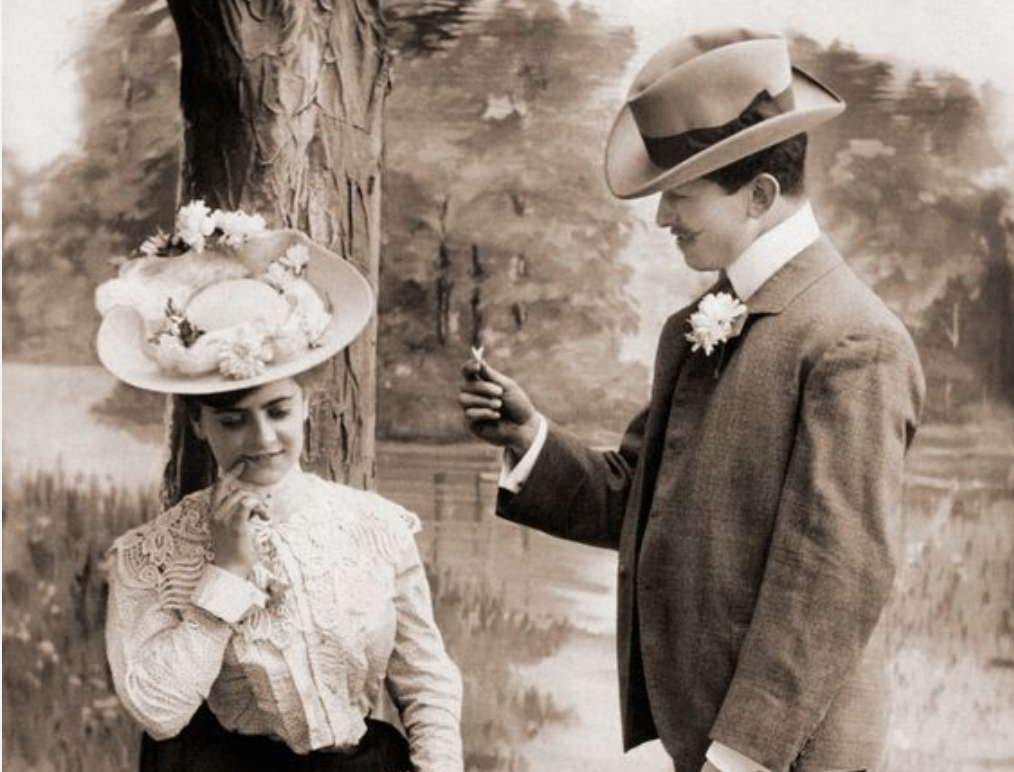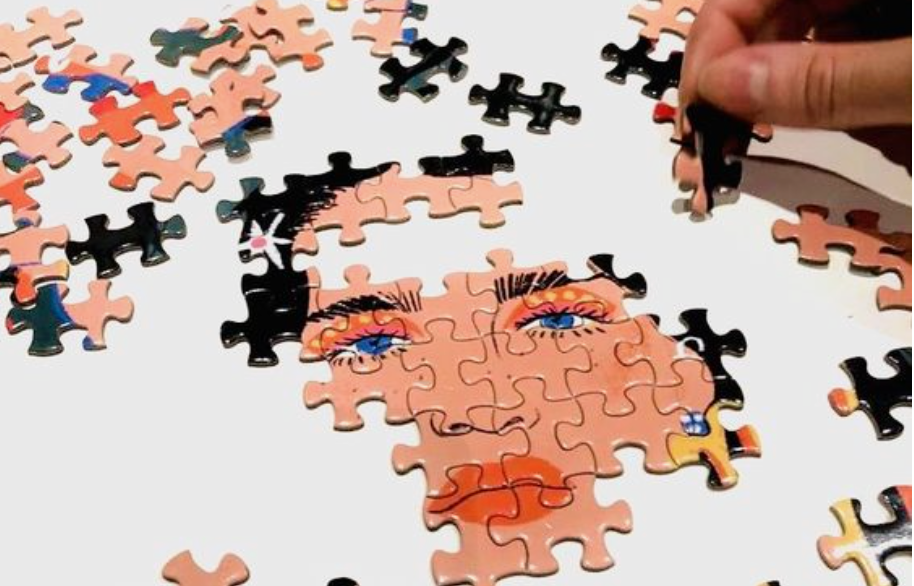It’s difficult to hear the statistic that 90% of relationships started before the age of 30 do in fact end.
It’s a gut-wrenching fact that can makes people turn to their partners and think hard about their relationships the probability of becoming that very statistic.
In modern society, there is more pressure than ever on finding the ‘right’ person to spend your life with.
Northwestern University psychologist Eli Finkel has found that marriage in the Western World has gone through three stages:
- Institutional marriage (up until 1850)
- Companionate marriage (from 1851 to 1965)
- Self-expressive marriage (from 1965 onward)
Prior to 1850, people courted and married for the sake of food, shelter, and protection. Post the Industrial Revolution, people had more leisure time and started seeking companionship in their partners. The ’60s brought a yearning for personal fulfillment through relationships, which we continue to strive for today.

It is often implied that this personal fulfillment comes from finding our ‘other half’, which would imply that we are incomplete or unfinished on our own.
There are masses of people in the world who are simply incapable of being alone and often trick themselves into believing they’re happier with their partner. We all know a friend who has jumped from guy to guy or girl to girl without taking a breather to be with themselves for more than a few months.
This type of person is continuously too busy looking for their ‘other half’ to realise that there’s nothing wrong with being single. There’s nothing wrong with being alone, in fact it is a positive trait to develop.
Daniel Sloss is a 30-year-old Scottish comedian and has a very interesting analogy for the concept of life and relationships, he calls them a ‘Jigsaw’.

He comments “people are more in love with the idea of love than the person they are with.” He believes the 90% of relationships started before the ago of 30 that end can be attributed to people who never took the time to learn how to be alone.
“There’s a very distinct possibility that the majority of relationships are bullsh*t because people have convinced themselves it’s better than nothing.”
The ‘Jigsaw’ analogy was passed on to him as a child by his father and it explains life in a way that makes sense to a 7 year old – through a jigsaw puzzle. And it’s the reason he is, and probably always will be, single. Happily single, he adds.
Everyone’s life is a unique jigsaw puzzle that we are blindly building, we’re all fiddling around with different pieces trying to figure out how to create a perfect picture that we can’t yet imagine.

The four corners of the puzzle represent your career, friends, hobbies/interests, and family. Throughout our life we have to continuously test pieces and see which pieces fit best where, and we have no idea what the final picture on the box looks like.
Perhaps you spend a little more time building the career corner at one point, but you end up neglecting the hobby and family corners.
It truly is a delicate balance trying to build all four simultaneously and you find yourself focusing on certain areas at different stages of your life. The puzzle is constantly evolving and you’re always trying to build towards that final ‘perfect’ and unknown image.
The love section is the centre of the puzzle cannot be done alone, we have to try and see if we can fit someone else’s puzzle with our own. This part of the puzzle is one of the most confusing and difficult sections – it will have men and women trying to shove and jam pieces together haphazardly like a toddler.

An onlooker can see quite clearly that the pieces don’t match but the puzzle-builders have convinced themselves they’ve come too far to stop building now, so they shift some hobby and career pieces out of the way to make room.
Sometimes, two people find their pieces fit very well together so they continue to build with one another, only to realise 5 years later that they are both working towards two very different final images.
In his show, Sloss points out “at this point in the puzzle, the couple need to take a step back and decide:
- Do I admit the last 5 years of my life were a waste?
- Or do I waste the rest of my life with this person?”
Objectively, it seems an obvious choice but it’s a hard pill to swallow for many adults when they’ve moved into their partner’s house, met each other’s family, befriended each other’s friends, created a financial future, and they both know what each other likes and so forth.
Daniel Sloss has a very clear message with his jigsaw analogy – don’t be afraid to be alone and take the time to know and love yourself. If you don’t learn how to love yourself you will end up employing someone else to do it for you.
“If you only love yourself at 20%, that means someone can come along and love you at 30%. You’re sitting there thinking ‘Wow, that’s so much’. It’s literally less than half.”
There’s nothing wrong with taking time for yourself to work out who you are because how can you offer who you are if you don’t know who you are?
Click here to watch Daniel Sloss’ Jigsaw analogy at 32 minutes in.




A great blog. Thank you for the tireless work that goes into this blog.
plus belle la vie en en avance